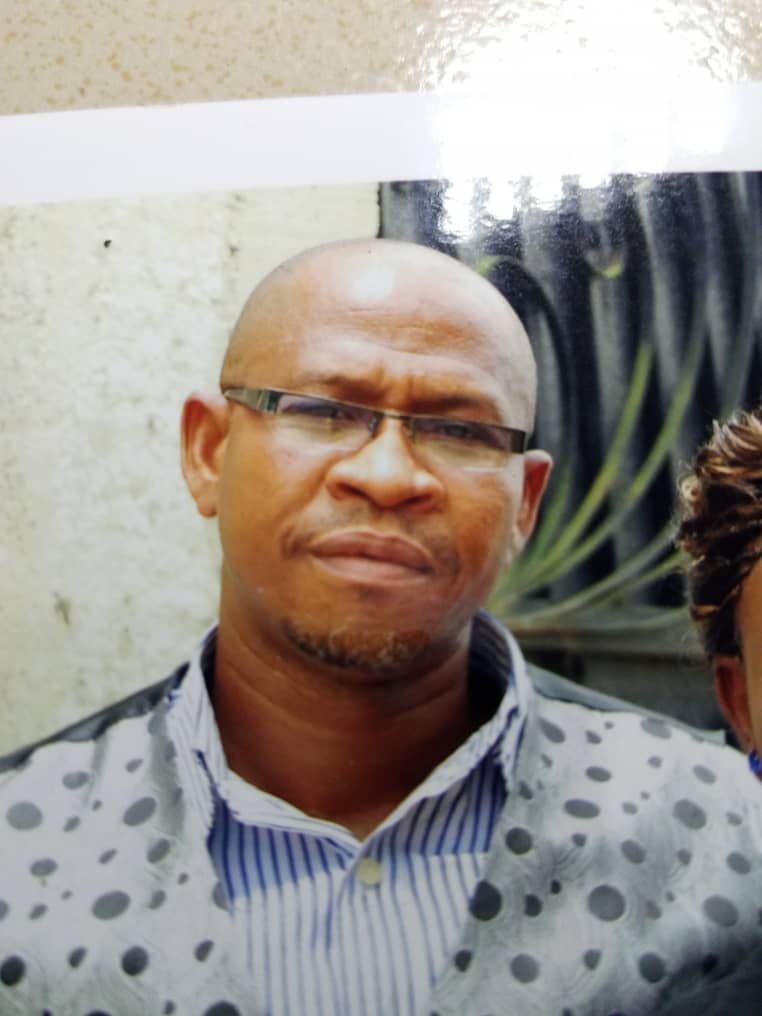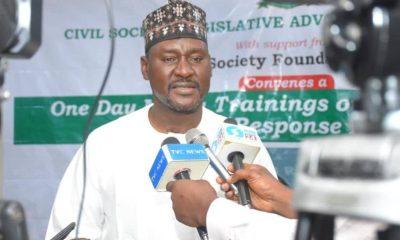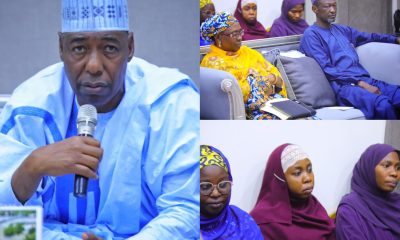Opinion
VOICES FROM THE MARGINS:- OGBE-IJOH SPEAKS, BY EBIKABOWEI KEDIKUMO

– The Loyal Orphan in Delta State: The Headquarter of Decay –
The cries of a forgotten kingdom echo along the muddy banks of the River Warri, where Ogbe-Ijoh — the proud headquarters of Warri South-West — sits like a neglected child at the far end of a wealthy father’s compound. Once a bustling heartbeat of administrative importance, it now wears the tattered garments of abandonment, its face lined with the deep wrinkles of neglect. The streets have become treacherous traps where potholes grow into gullies, swallowing not only tyres but also the dignity of the people. Like a market without traders, public life here has been drained, leaving a hollow silence in places where progress should sing.
For years, the people of Ogbe-Ijoh have given their loyalty and support to the government of Delta State. They have voted in faith, cooperated in patience, and welcomed each administration with hope — yet their reward has been a harvest of disappointment. The proverb says, “When one hand washes the other, both become clean,” but in this case, Ogbe-Ijoh has stretched out its hand while the state looks away. Not a single viable project has been initiated or completed since the dawn of the current administration, and the absence of development stabs like a thorn buried underfoot.
Walking through the kingdom, one meets the sad corpses of abandoned structures — monuments to forgotten promises. The Skill Acquisition Centre stands as a shell, its walls baking under the sun without purpose. The Internal Road Project has been left to the mercy of weeds and erosion. The Technical College rots in silence, its roof riddled with holes that let the rain in to drown the dreams of tomorrow’s artisans. The High and Customary Courts have been reduced to empty halls where justice gathers dust. Even the General Hospital whispers its grief through rusting beds and broken equipment. The Grammar School’s windows gape like toothless mouths, and the JAMB Centre sits unused, a symbol of opportunities that never blossom. In the silence between crumbling walls, one can almost hear the voice of the land asking, “Have my people been sold into forgetfulness?”
The indignity deepens when one turns to politics and empowerment. Ogbe-Ijoh’s youths — intelligent, vibrant, and eager to serve — watch from the margins as appointments, jobs, and empowerment schemes pass them by like ships sailing to other harbours. Other parts of Delta State grow fat on the meat of government benefits while Ogbe-Ijoh chews the dry bones of neglect. The kingdom’s contributions to the economy and political stability of Delta are clear, yet they are treated as if they were strangers in their own father’s house. The elders shake their heads and recall the proverb: “No matter how long a log stays in the river, it will never become a crocodile” — meaning, no matter how loyal Ogbe-Ijoh has been, without deliberate inclusion, it will never be treated as a true partner in the state’s progress.
Despite the bitterness of this neglect, the kingdom has not turned to violence or rebellion. Instead, they continue to hope — a hope that is beginning to feel like standing in the sun, waiting for rain that never falls. They remain committed to peace and development, yet they now raise their voices louder, demanding that the state return their due. The people are not begging for favours; they are insisting on fairness. They ask for the completion of their abandoned projects, for their roads to be made passable, for their children to learn in schools that inspire rather than discourage, for functional courts where justice is served, and for hospitals where the sick can find healing rather than despair.
Ogbe-Ijoh must be woven back into the fabric of Delta State’s developmental agenda. Their exclusion is a wound on the conscience of the state, and every day it is left untreated, it festers. The proverb reminds us, “The child who is not embraced by the village will burn it down to feel its warmth.” The leaders of Delta must act before neglect is replaced by resentment. Inclusion is not charity; it is justice.
In the end, the story of Ogbe-Ijoh is a mirror reflecting the moral duty of governance. A state that forgets its own headquarters forgets itself. The rivers, the land, and the people of Ogbe-Ijoh deserve a share of the same sunlight that makes other parts of Delta bloom. They are not second-class citizens; they are co-heirs to the promise of development. Let the governor hear their cry and translate it into action, for only when Ogbe-Ijoh rises will Delta truly stand tall.
EBIKABOWEI KEDIKUMO – writes from Ayakoromo Town, Delta State













